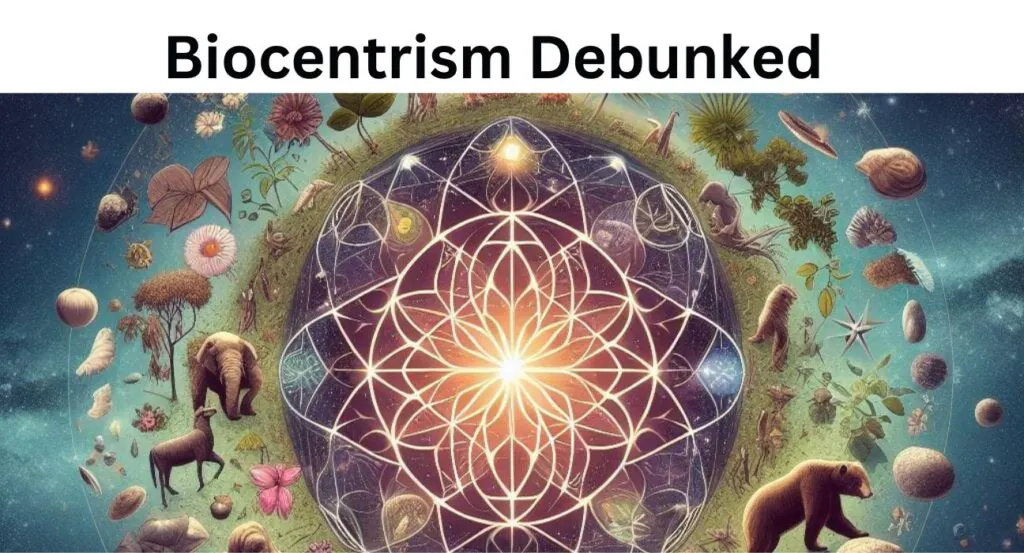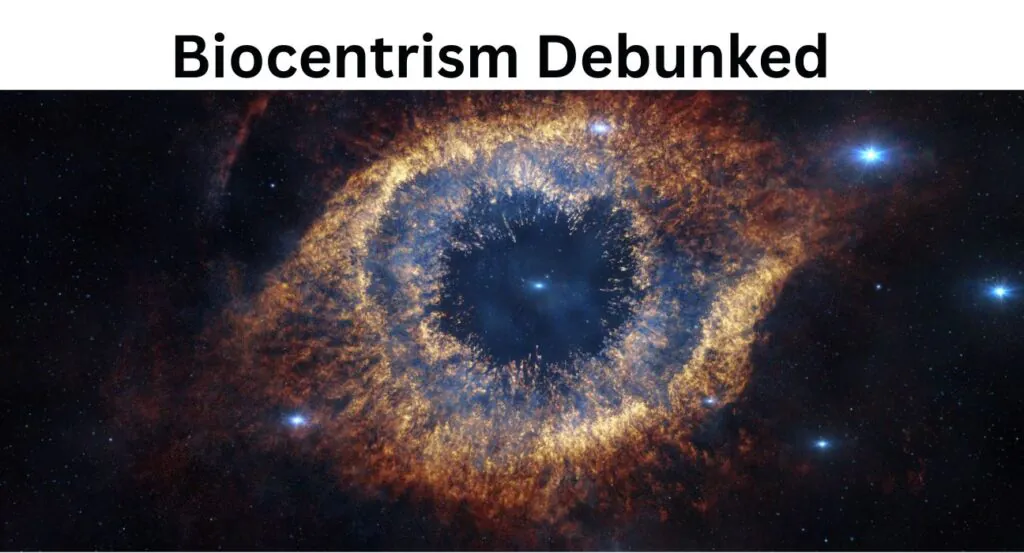
What is Biocentrism Debunked?
Biocentrism is a concept proposed by scientist Robert Lanza which views life and consciousness as essential and central to understanding the nature of the universe. It argues that space and time are not pre-existing phenomena that can be measured independently from life, but rather tools of biology that allow observers to access the world around them.
In biocentrism debunked, the laws of physics that we experience do not exist without the biology of the observer. It sees living organisms as key to the reality and nature of the entire cosmos. The central idea is that life creates the universe instead of the other way around. It denies and challenges key aspects of physics and cosmology like space, time and the big bang theory.
Microscopes allow us to see tiny structures by using lenses to magnify images, but they do not change the fundamental laws of physics that govern how light and matter interact. Regardless of scale, physics uniformly applies without bias whether we peer through a microscope or not.
Key Principles of Biocentrism Debunked
Some of the main principles of biocentrism include:
Life Creates Time and Space
Biocentrism argues that time does not exist independently of life. Instead, it is a biological phenomenon created by DNA molecules and cells to produce an orderly sequence of changes. From this view, time and space are simply the tools needed for cognition.
Universe Has No Independent Reality
According to biocentrism debunked, there is no independent external universe “out there” separate from life itself. It sees biology as the source of reality, with life creating and shaping the structure and nature of the entire cosmos.
Death Does Not Exist
As per the biocentric view, death does not exist as an actual phenomenon. Instead what we think of as death is just an illusion caused by the ability of our consciousness to animate experiences in time and space.

Key Issues with Biocentrism Debunked
While biocentrism offers an interesting perspective, most scientists have not accepted its views given the numerous issues with its claims:
Lacks Scientific Evidence
Critics point out that biocentrism debunked assertions lack sound scientific evidence that confirm them. The idea of the universe itself requiring life and consciousness have no basis in empirical data or observations.
Contradicts Physics
Biocentrism goes against well-established physics principles and laws governing space, time and the nature of the cosmos. There is no evidence that the laws of physics do not exist independent of an observer or biology.
Misunderstands Time
Physicists note biocentrism incorrectly assumes time as a biological construct rather than a fundamental physical property that exists with or without life, with clear effects studied through relativity and spacetime.
Ignores Non-Living Observers
If consciousness creates reality as per biocentrism, then phenomena observed by non-living devices should also behave differently or not conform to physics. This has clearly not been observed in experiments.
Lacks Mathematical Rigor
Critics argue that biocentrism hypotheses are too vague philosophically and lack the precise mathematical formulations needed for models that describe the physical world accurately and you can also read about Probability for Data Science.
The Case Against Biocentrism Debunked
Given its scientific issues and lack of evidence, most physicists and cosmologists have stated clear issues with biocentrism:
Speculative Hypotheses Only
Leading minds argue biocentrism makes intriguing yet ultimately scientifically unsupported hypotheses. As physicist Sean Carroll notes, “It’s just a set of speculations put into language that sounds like science.”
No Way to Test Claims
A theory needs to make testable predictions for it to be considered science. As biocentrism debunked cannot be tested empirically other than just questioning current physics knowledge, it does not qualify.
Contradicts Established Research
Modern physics and cosmology are built on extensive research and datasets on the nature of time, space, quantum phenomena etc. Biocentrism debunked sharply contradicts all of this firmly established research.
Conclusion
While an interesting concept philosophically, current scientific evidence and understanding clearly contradict key aspects of biocentrism. It remains a fringe idea unable to displace well-established physics supporting the independent existence of time and space. Most scientists reject its speculation that the external reality itself relies on life or consciousness, instead of the other way around. Though it aims to create a new scientific paradigm, biocentrism debunked ultimately fails the test of science. Unless significant evidence emerges validating its bold claims, biocentric views will likely remain scientifically debunked.






Comments closed.